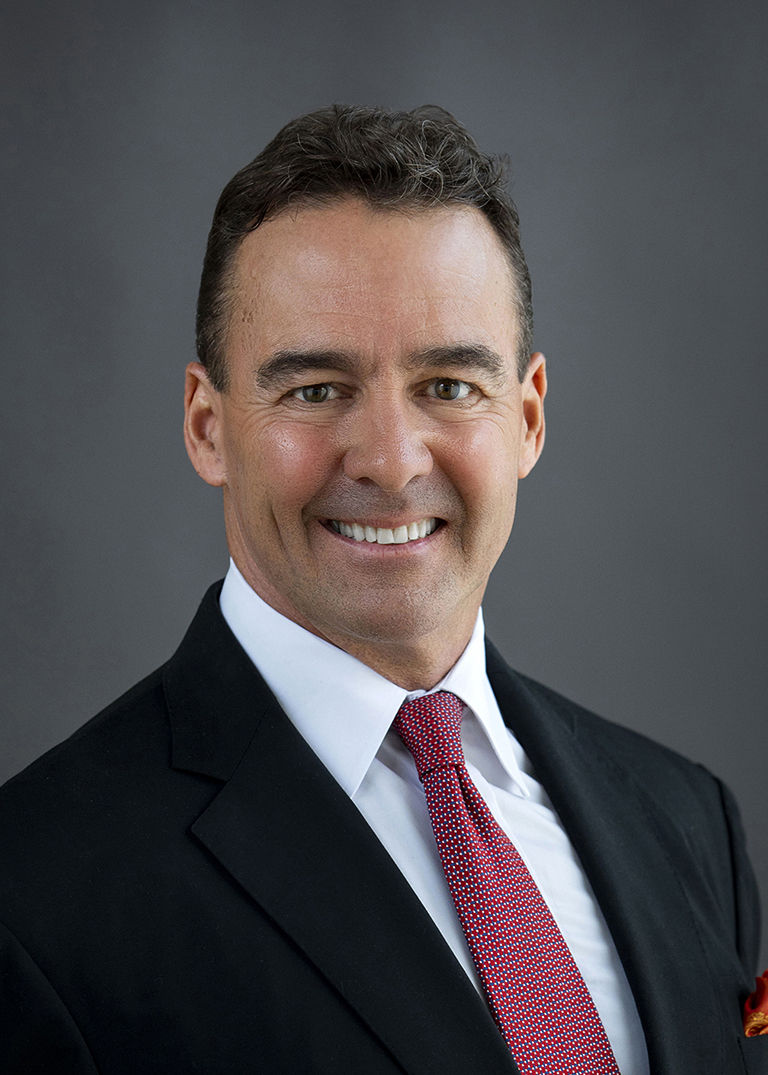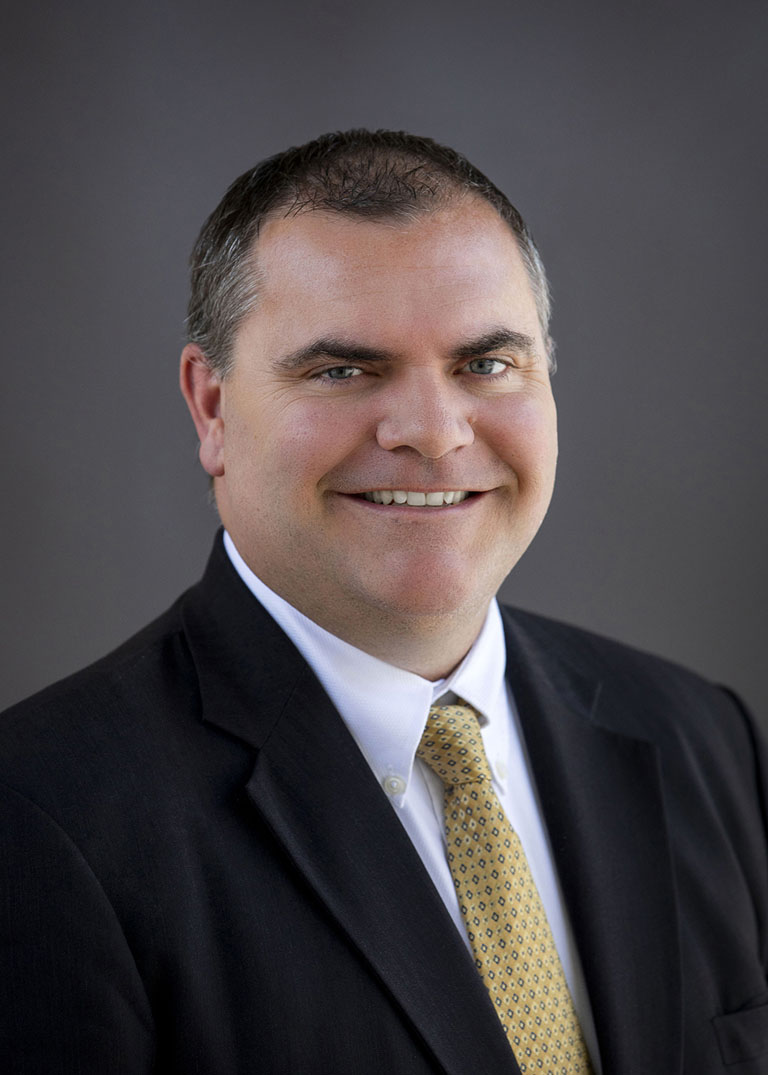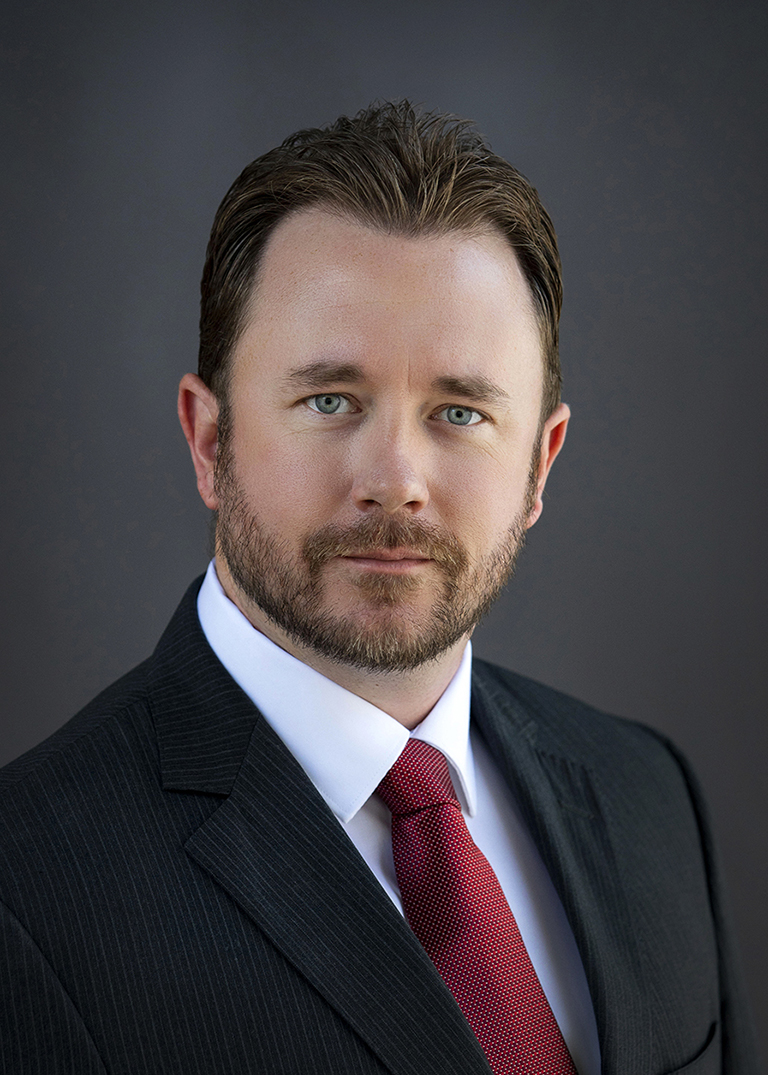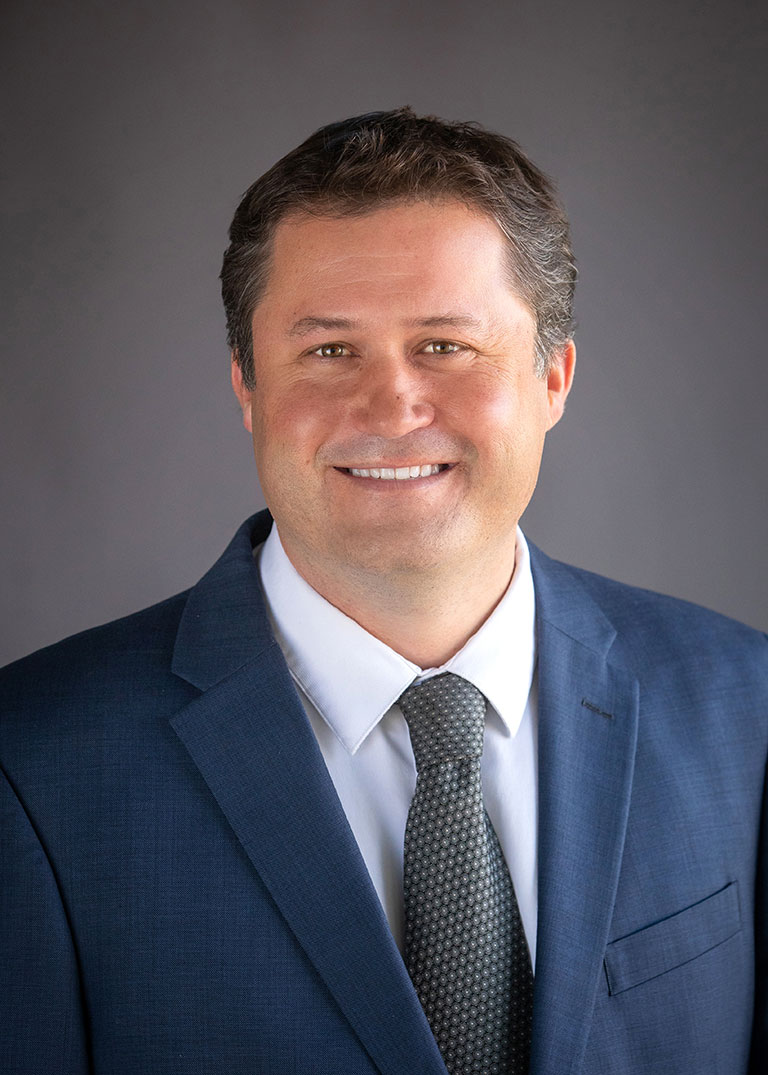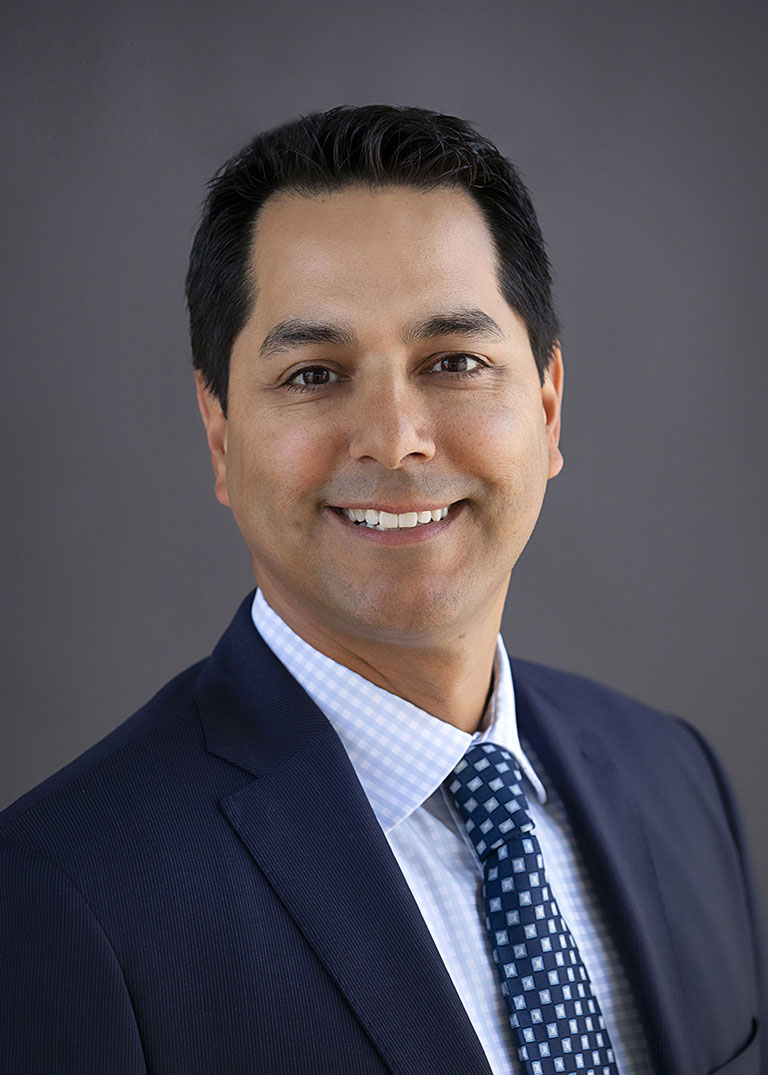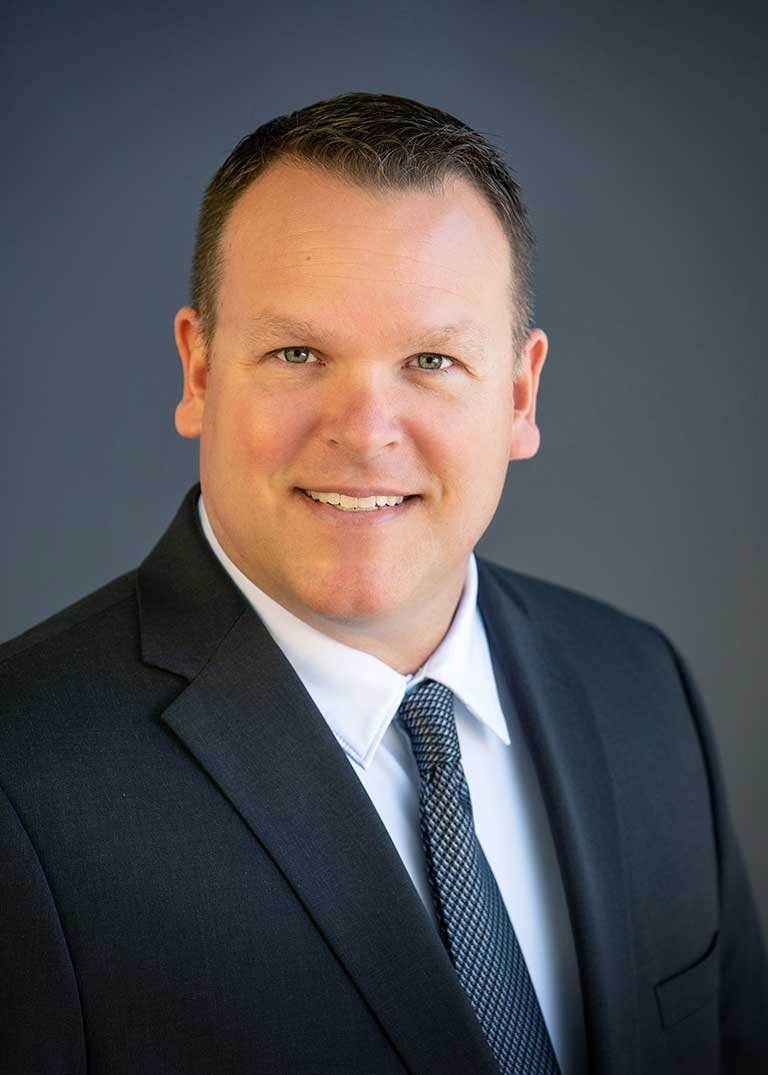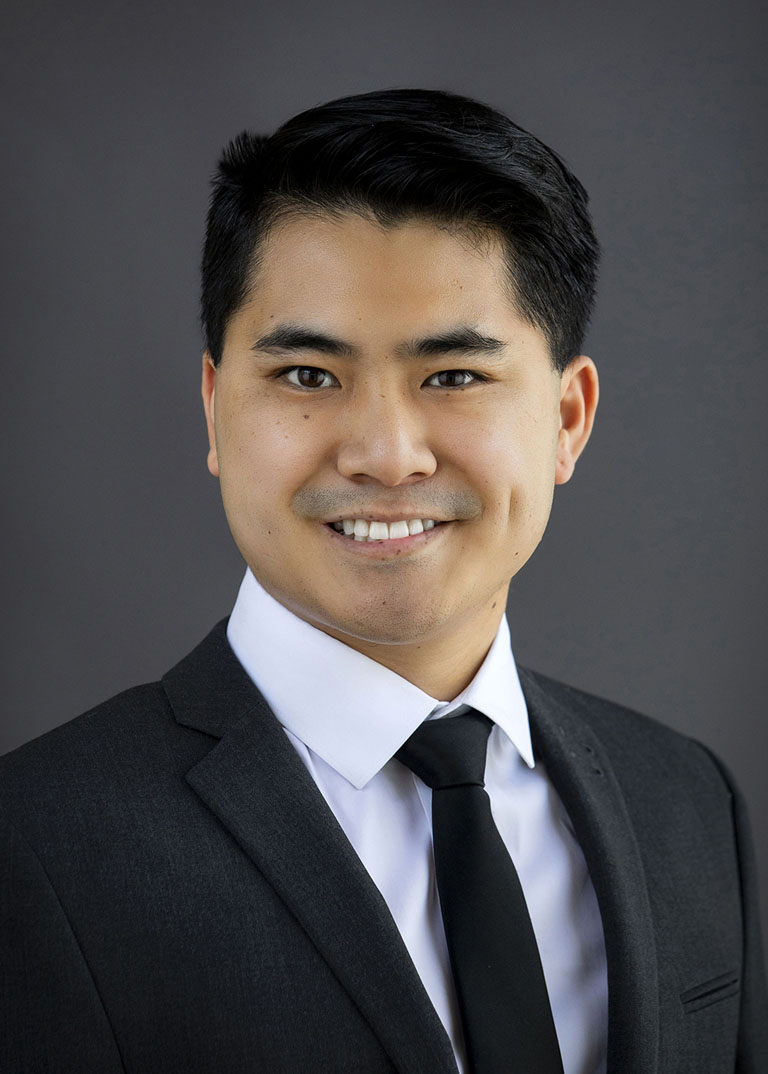Once an appeal is properly filed, the SPB will initially ensure it is within their jurisdiction and meets regulatory criteria. Appeals are categorized based on the contested action. Lesser appeals, such as formal reprimands, short suspensions, and minor salary cuts, are fast-tracked to an investigatory hearing. Rejections during probation (RDPs) may result in a hearing, but the ‘burden’ is shifted to the appellant (rejected employee), who maintains the burden of proving their case. RDPs also require a preliminary videoconference prehearing/settlement conference (PHSC).
For more severe penalties, a PHSC is the first step before proceeding to an administrative evidentiary hearing. These PHSCs, now exclusively via videoconference, are approximatley two-hour sessions aimed at negotiating a settlement under an Administrative Law Judge’s (ALJ) guidance. Participants must submit a PHSC statement 12 days in advance, and attendance is mandatory to avoid appeal dismissal.
During the PHSC, the ALJ will jointly and separately discuss with the parties, aiming for a settlement, which, if reached, is recorded, and reviewed by the SPB for final approval. If no settlement is reached, a hearing date is set. The ALJ from the PHSC, due to potential biases, will not oversee the hearing, ensuring a fresh ALJ reviews the case impartially.
Pre-Hearing and Settlement Conference Statement
As mentioned, you must submit a pre-hearing and settlement conference statement (PHSC Statement) 12 days before the PHSC. This document contains 11 statutory sections, relevant to the specifics of your case, including facts, defenses, and arguments.
Per SPB regulation 57.1(f) the PHSC statement shall contain the following information:
(1) The identification by SPB Case Number of all appeals or complaints pending before the Appeals Division or the board, arising out of the same transaction, occurrence, or series of transactions or occurrences.
(2) A brief summary of any stipulated facts.
(3) Identification of affirmative defenses to any claim.
(4) A current estimate of the time necessary to try the case.
(5) The identity of each witness each party may call at the hearing, the subject matter on which the witness is expected to present evidence, and a summary of each witness’s expected testimony. Parties are not required to disclose any witness that will be called for rebuttal or impeachment purposes.
(6) The identity of any witness who may be called to testify who is an inmate of any correctional facility. In addition, at the discretion of the Chief ALJ, such individuals may be required to testify via closed circuit television, or by other electronic means.
(7) The name and address of each expert witness each party intends to call at the hearing, together with a brief statement of the opinion each expert is expected to give, and a copy of the current resume or curriculum vitae of each expert witness.
(8) A list of documentary exhibits each party intends to present at the hearing, and a description of any physical or demonstrative evidence. Parties are not required to disclose exhibits that will be used for rebuttal or impeachment purposes.
(9) A concise statement of any significant evidentiary issues to assist the ALJ in conducting the hearing.
(10) Dates of unavailability of the parties, counsel, and witnesses.
(11) If Respondent knows or should know that a portion or all of the hearing will be held by videoconference, dates of unavailability of Respondent’s videoconferencing equipment.
These elements are essential to your case’s evidentiary structure and defense strategy. Understanding your case’s potential trial progression is crucial for two reasons: first, it enables effective settlement negotiations by clarifying the case’s strengths and weaknesses; second, omitting a defense, witness, or evidence in your PHSC statement can preclude their introduction at an eventual hearing, should one result.
SPB Reg 57.1(g) states, “Failure to timely file or fully disclose all required items in the prehearing/settlement conference statement without good cause may, at the discretion of the ALJ, result in the exclusion or restriction of evidence at the hearing.”
This emphasizes the necessity of submitting a comprehensive PHSC statement, prepared by a skilled attorney. It is vital to cover all aspects of your case, including defenses and relevant issues, to avoid potential evidence exclusion at hearing.
Other Pre-trial considerations which may impact your PHSC statement
Discovery: involves obtaining extra information from the state employer that wasn’t included in the initial disciplinary file. This process, undertaken by you and your legal team, entails formally requesting access to witnesses, records, and physical evidence like documents or multimedia from the state agency. These discovery requests are time-sensitive, generally needing to be made within 90 days post-appeal filing with the SPB. Be aware that acquiring new documents or evidence may necessitate amending your previously filed PHSC statement.
Affirmative Defenses: Asserting an affirmative defense may be necessary in your case. This type of defense, when proven, completely negates the action taken against you. Examples include unlawful discrimination and whistleblower/retaliation. These defenses are crucial but can be challenging to establish. Initially, the employee must prove the wrongful conduct by the employer, after which the employer must demonstrate that their action was based on legitimate, independent reasons. Given their complexity, affirmative defenses often lead to extensive legal proceedings. It is vital to thoroughly prepare the factual and evidential groundwork early in the appeal process, as these defenses must be included in the PHSC statement.
Law & Motion: During your appeal process, it may become necessary to file specific motions. Deadlines for such motions should be filed either within 90 days of the appeal submission to the SPB or within 15 days upon realizing the motion’s necessity. Motions can aim to postpone part of the hearing, dismiss the case, or compel discovery when facing non-cooperation from the state. You may also be required to demonstrate “good cause” for the motion’s approval, such as justifying a hearing extension.
Subpoenas: A subpoena can mandate a witness’ attendance at a hearing. With hearings now virtual, witnesses must either access a state-provided virtual site or have the necessary technology to participate remotely. The subpoena clarifies their obligation to attend and confirms their release from work duties for the hearing. Witness details must be included in the PHSC statement, requiring advance identification and confirmation of their availability before setting trial dates.
These highlighted issues are interconnected and demonstrate the complexities of SPB’s legal proceedings. Securing an experienced attorney with comprehensive case knowledge is crucial for a successful outcome.

